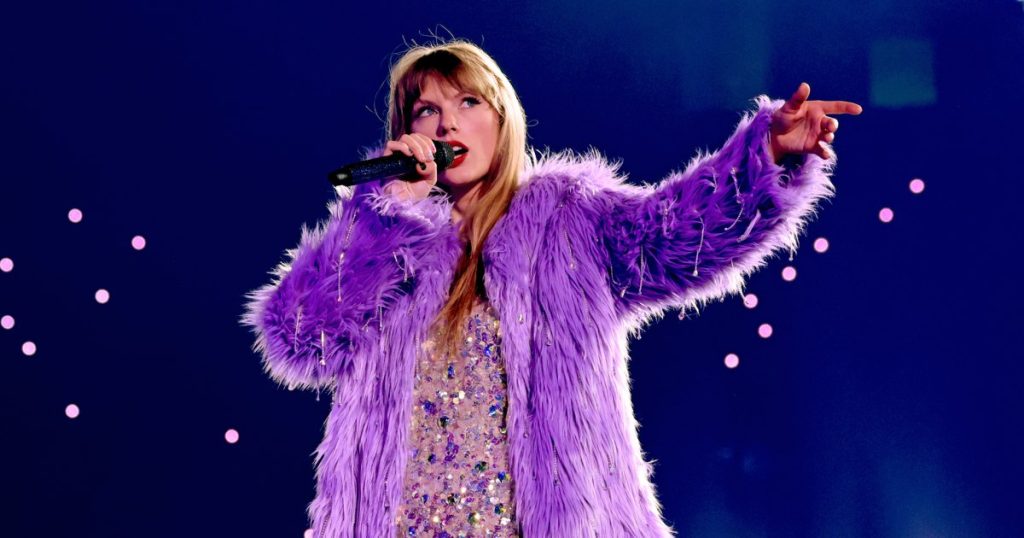Taylor Swift released a double album on Friday featuring 31 songs, including a track titled “I Hate It Here,” in which she mentions wanting to live in the 1830s with the caveat of “without all the racists.” This particular lyric has sparked criticism on social media, with some pointing out the atrocities of the 1830s, such as the Indian Removal Act, Trail of Tears, and the ongoing legality of slavery in the United States. Critics argue that Swift’s line minimizes the struggles of the time period and fails to address the full scope of historical issues.
The 1830s were a tumultuous decade, marked by the Indian Removal Act, Trail of Tears, and ongoing slavery in the United States. Some critics have expressed concern that Swift’s lyric fails to acknowledge the full extent of the challenges faced during that time, even with the mention of excluding racists. The controversy surrounding Swift’s lyric has sparked debates on social media, with some users questioning her knowledge of history and others using the opportunity to poke fun at the singer.
Despite the backlash, Swift adds in the song that she wouldn’t feel comfortable living in any era, hinting at the challenges and hardships that existed in the past. While some fans have defended Swift, others have continued to criticize her choice of lyrics and the implications behind them. As listeners continue to dissect the lyrics of Swift’s new album, this particular line about the 1830s stands out as the most controversial and divisive among fans and critics alike.
The debate over Taylor Swift’s lyric about the 1830s highlights the complexities of addressing historical themes in music and art. While some argue that Swift’s inclusion of the phrase “without all the racists” shows a level of awareness and sensitivity, others believe that it falls short in capturing the true gravity of the issues faced during that time period. As discussions around the song continue, it remains to be seen how Swift will address the criticism and whether it will impact the reception of her new album among fans and the general public.
Overall, Taylor Swift’s new album has sparked controversy with its mention of wanting to live in the 1830s, despite acknowledging the presence of racism in that era. The lyric has led to debates on social media about the historical context of the 1830s and the implications of romanticizing the past. As fans and critics continue to dissect the album’s content, it is evident that Swift’s music continues to provoke thought and discussion, showcasing the power of art to spark conversations about history, society, and identity. Whether this controversy will impact the album’s reception remains to be seen, but it highlights the importance of thoughtful engagement with difficult historical topics in art and media.


